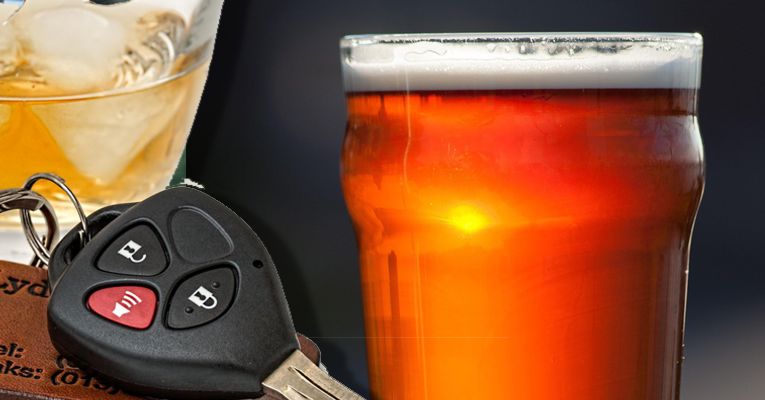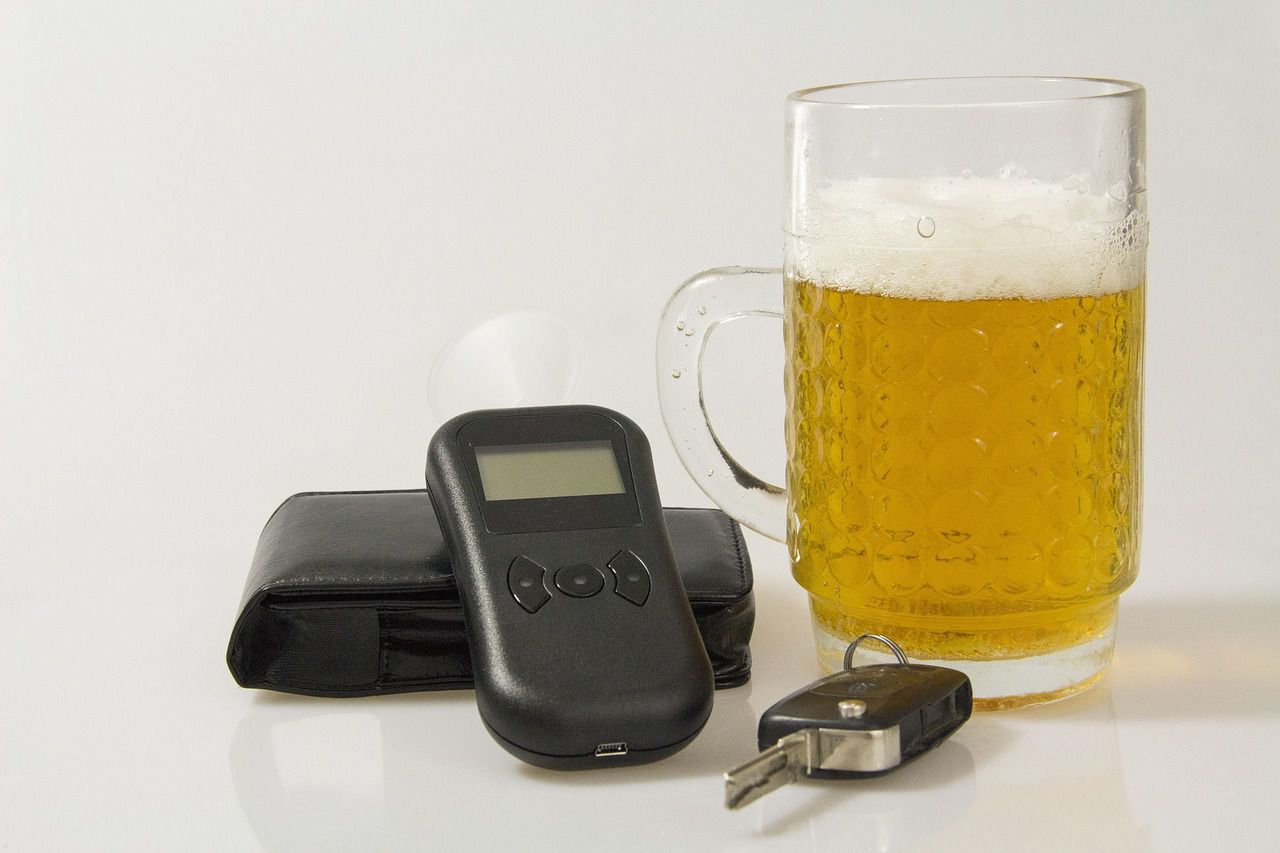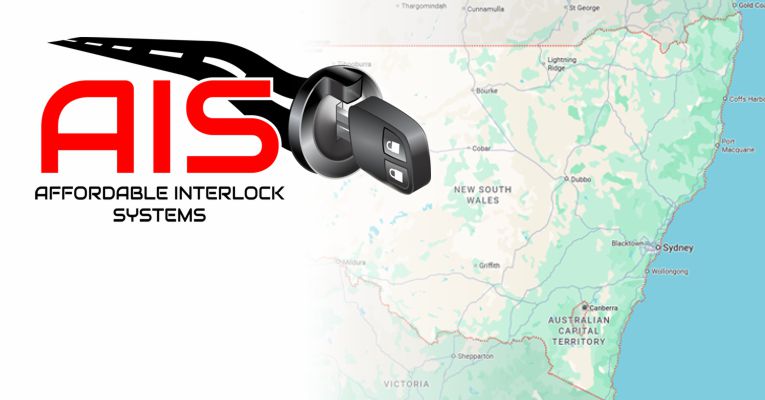Morning after misconceptions:
what Aussies get wrong about alcohol
and driving
Relying on misconceptions is a high-stakes mistake when it comes to the decisions you make as a driver. Although everyone wants to be responsible, not everyone takes it upon themselves to fully understand how seemingly insignificant in-the-moment choices can change lives forever. What Aussies get wrong about alcohol and driving manifests in unfortunately high accident rates across the country. This article aims to make as much of an impact in reducing that number as possible by highlighting drink driving habits by state and clarifying morning after misconceptions we should all know.
Australians need to learn about Alcohol Interlock laws
All drivers are largely expected to follow the same set of rules across Australia's roads. In order to get a licence, people must learn basic rules - stop at red lights, give way at intersections, and maintain safe following distances. However, when it comes to alcohol consumption and driving, the rules become more complex and vary significantly between states. Blood alcohol concentration (BAC) limits, penalties for drink driving offences, and enforcement methods differ across jurisdictions, creating a patchwork of regulations that can confuse even experienced drivers.
Where the problem stems
According to survey data collected by Budget Direct, a significant number of Australians remain dangerously uninformed about drink driving regulations. The findings paint a concerning picture of knowledge gaps that could have serious legal and safety consequences.
Age-Related knowledge gaps
The survey results reveal that confusion about BAC limits spans across age groups, though younger drivers show the highest levels of uncertainty. More than half (56.3%) of respondents aged 18 to 27 admitted they didn't know how many drinks they could consume while staying under the legal limit. This demographic, often characterised as digital natives who have access to unprecedented amounts of information, paradoxically shows the greatest uncertainty about these critical safety regulations.
Surprisingly, the knowledge gap doesn't significantly narrow with age. Nearly half (50.2%) of respondents aged 38 to 47 also expressed uncertainty about safe drinking limits before driving. This suggests the problem isn't simply one of youthful inexperience, but rather a systemic issue, rather could it perhaps be that despite extensive drink driving education and government campaigns, there is an element of the population that will run the risk of drink-driving.
Drink driving habits by state
That same Budget Direct survey identified Victoria as the state with the highest level of BAC awareness. 81.8% of respondents correctly identified their state's legal limit of 0.05.
Drink driving habits themselves remain consistent across the board. Most accidents occur during peak social hours and times of year when alcohol is heavily consumed.
To that end, one could argue that education stands as one of the biggest determinants of regions' accident rates between regions. If you know when and how to talk to your kids about responsible driving, you're playing a role in making roads safer for everyone.
Clarifying common morning after misconceptions
We want to do our part in bridging the knowledge gaps that contribute to Australia's drink driving epidemic. These three common morning after misconceptions are just three examples:
"I feel fine, so I must be okay to drive"
Feeling alert doesn't equal being legally sober. Your reaction times, decision-making, and motor skills can still be significantly impaired even when you feel capable.
"Coffee and a cold shower will sober me up"
Only time reduces your BAC level. Your liver processes approximately one standard drink per hour, and no amount of caffeine or cold water can change this biological fact.
"I only had a few drinks hours ago"
A night of heavy drinking (six to eight drinks between 8 PM and 2 AM) means alcohol could still be in your system during your morning commute. Many 7-8 AM drivers don't realise they may still be over the legal limit.
Where Alcohol Interlock Service and education meet
One death or accident alone is enough of a reason to get serious about adult and teen driver safety Australia. Beyond awareness about the numbers and contributing factors, stopping drink driving calls for solid accountability. Alcohol interlock laws have proven effective in fostering just that and is intended to form a counter to repeat offenders or high-risk behaviour.
We dedicate ourselves to equipping motor vehicles with the very best alcohol ignition devices so every car on the road is soberly operated. Explore Affordable Interlock Australia’s solutions, services, and locations today.





